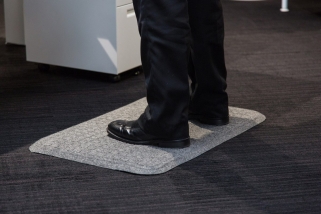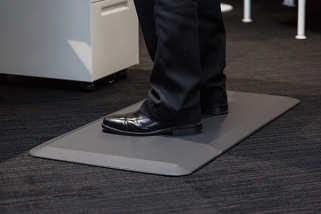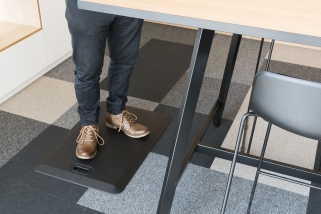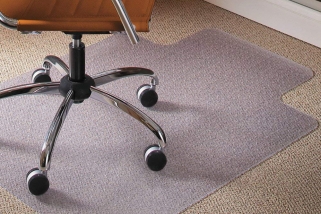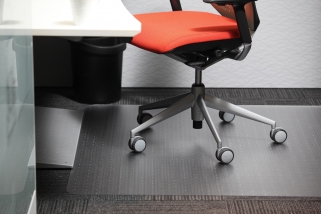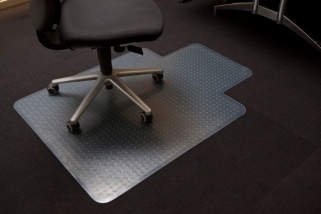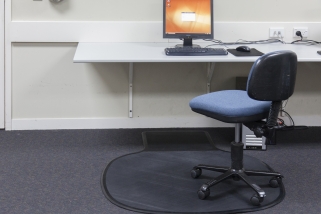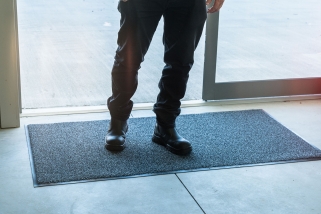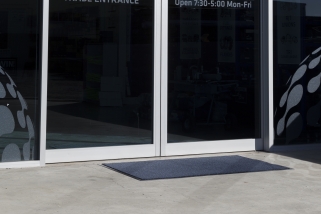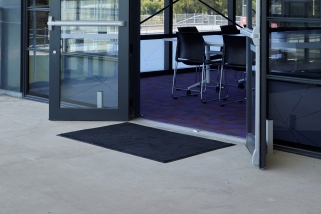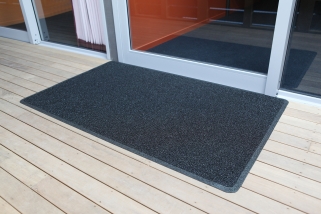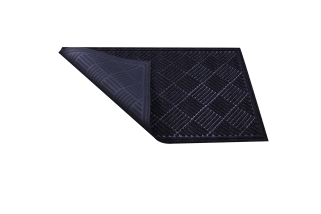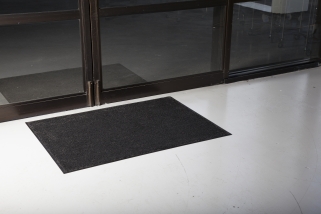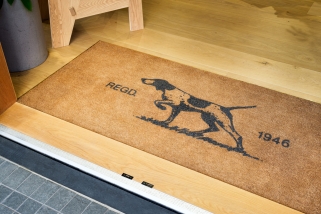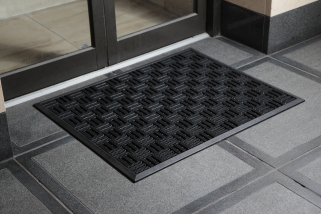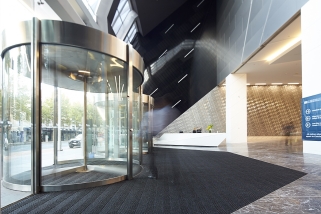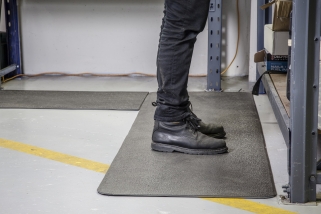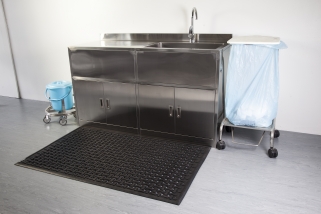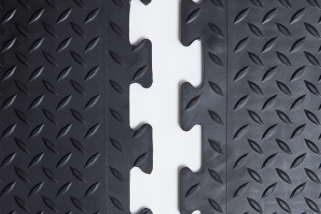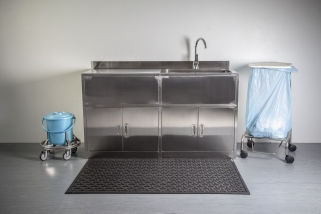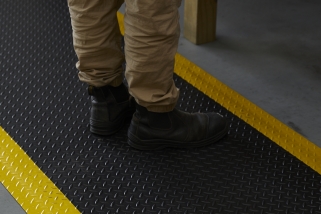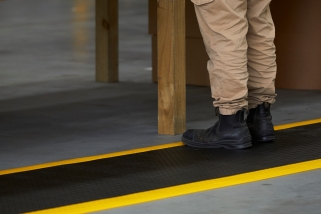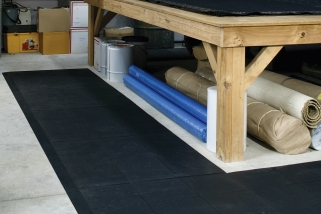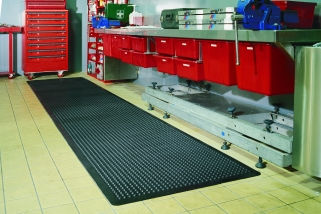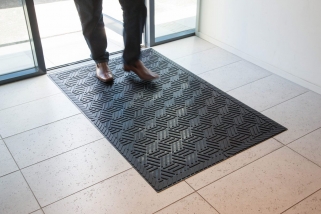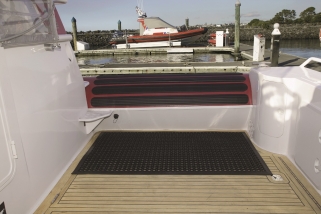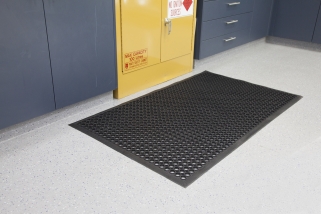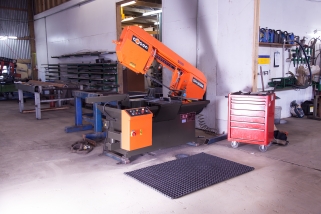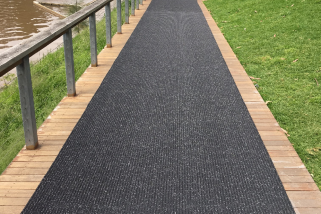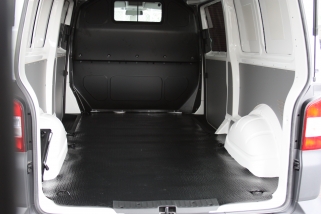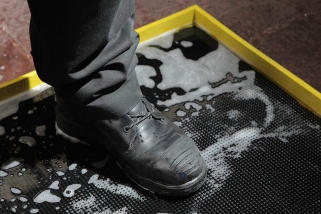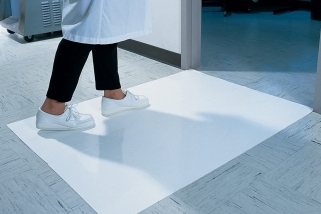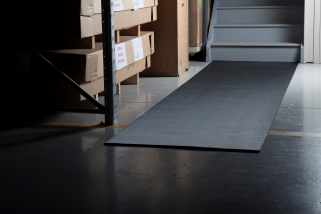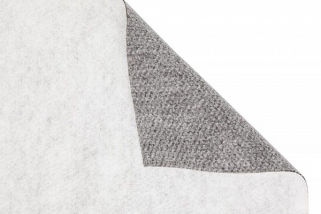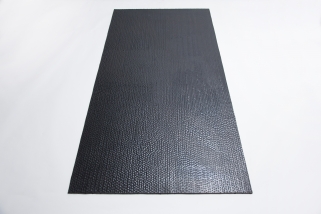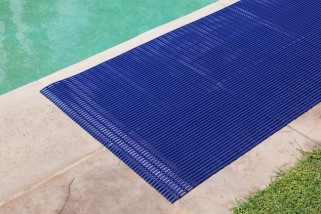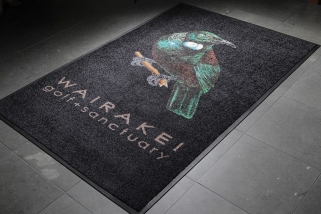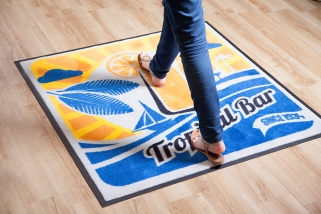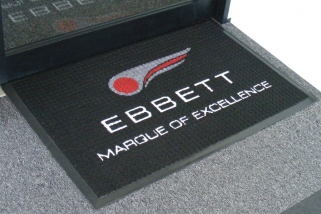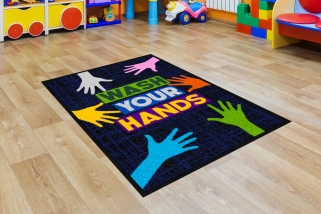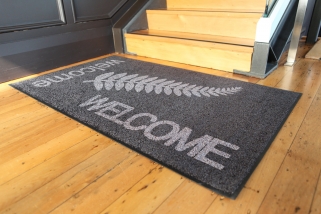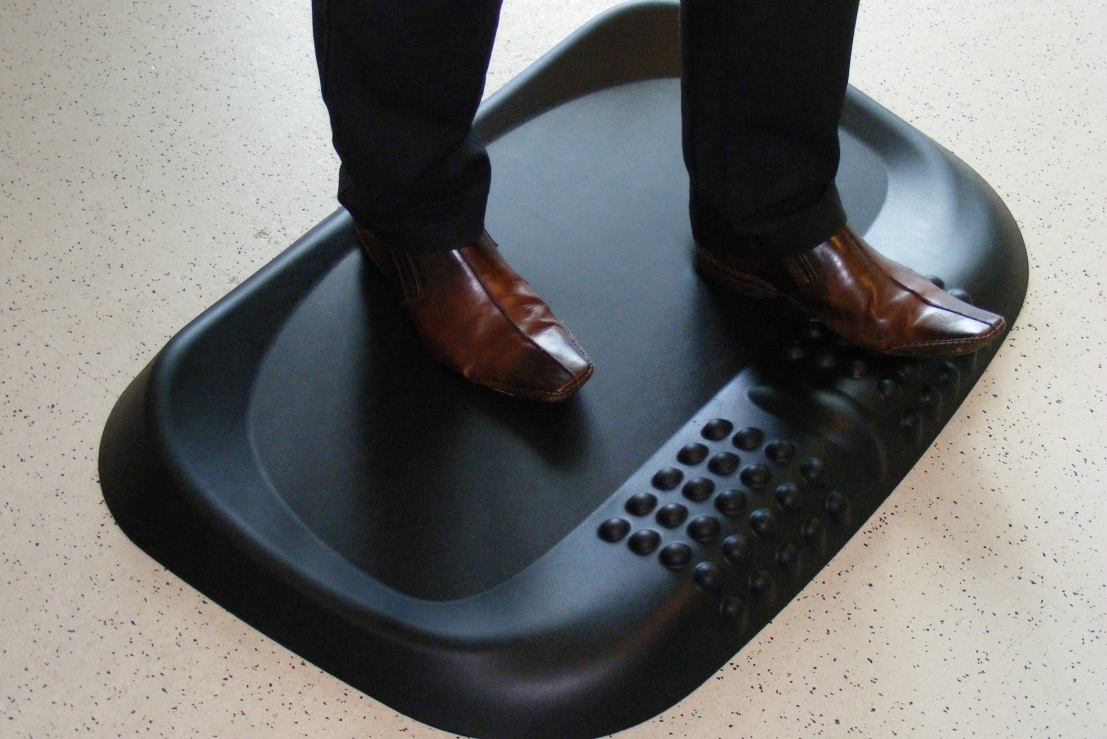
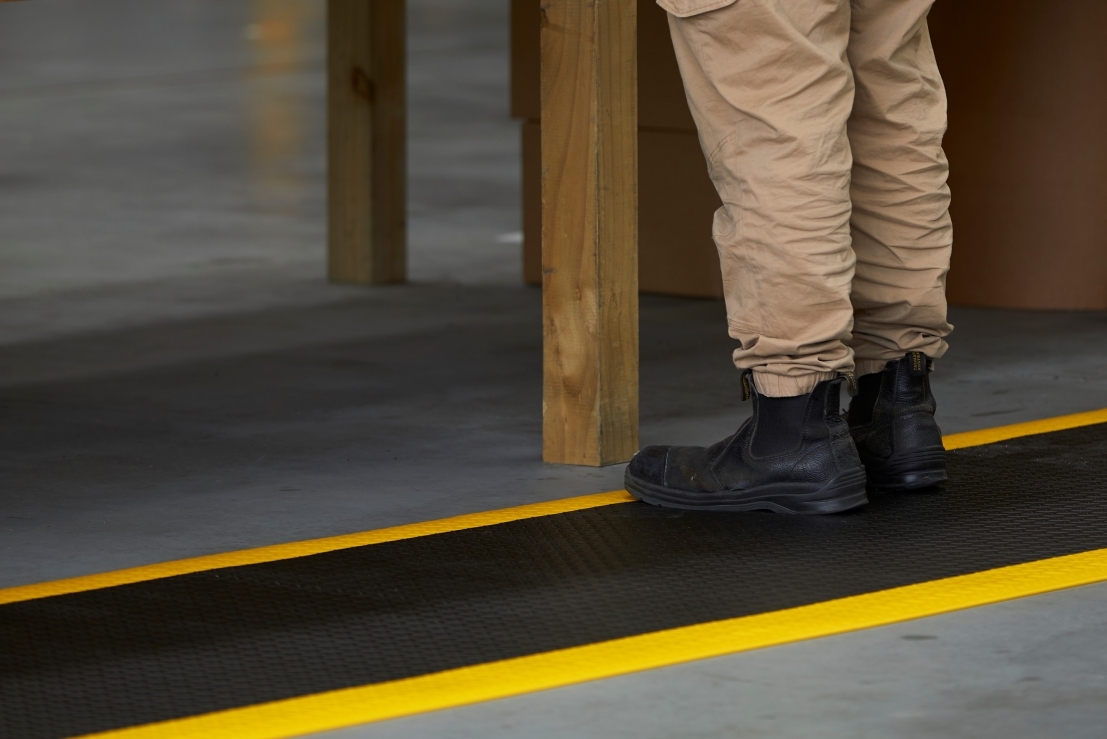
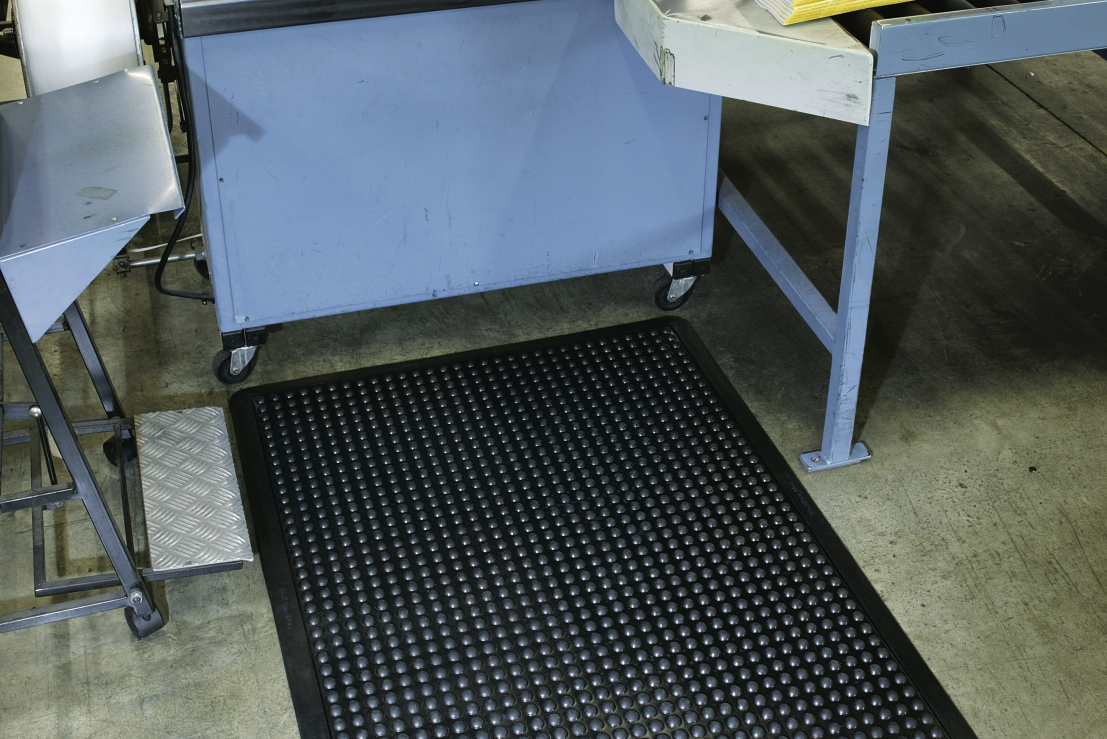
Hard flooring materials such as concrete, porcelain tiles and vinyl over concrete are used in many workplaces, because they are durable, non-porous and/or hygienic. As these floor surfaces offer no shock absorption or cushioning, however, employees standing for long periods of time can develop a range of health complaints, even when wearing high-quality footwear.
One university study, in which participants stood for 90-minute periods on a concrete floor over five consecutive days, found that the prolonged standing led to serious discomfort in the feet, legs and back. Some participants also complained of stiffness in the neck and shoulders. Prolonged standing on hard surfaces has also been linked to the development of postural muscle fatigue, joint and spine compression, foot problems (such as flattening of the arches), bone and muscle pain, varicose veins, and poor circulation.
Many of these musculoskeletal problems can be reduced by installing anti-fatigue matting around workstations or even the entire work premises. Employees can be protected from injury, and employers can lower the risk of future worker compensation claims. Placing anti-fatigue mats in areas where workers are required to stand for long periods allows them to perform their duties in greater comfort and work with greater concentration and more efficiency. They can also experience significant health benefits.
Usually constructed from rubber or closed-cell foam, anti-fatigue matting absorbs shockwaves from walking, while easing pressure points when standing. The mat’s elasticity allows for small, regular movements in the legs and feet, which help to improve blood circulation and thus can reduce fatigue and tiredness. Good matting can also help to insulate against both cold and noise in the working environment.
Another health and safety benefit anti-fatigue matting offers is the prevention of slips, trips and falls. These are responsible for around half of all major injuries to employees, and account for almost a third of 3-day+ absences from work due to injuries in the workplace. For environments where water or oil is present, the use of rubber matting is especially beneficial, both in preventing slips and providing cushioning.
Rubber anti-fatigue matting also acts as an effective insulator. Cold concrete factory floors can be a source of discomfort for workers in winter, exacerbating minor illnesses and aches and pains. The insulation can help to reduce heating costs in the workplace, and dampen loud noise in factory environments.
Advance Matting offers a wide range of anti-fatigue mats that will allow employees to work in greater comfort, and with improved concentration and efficiency.
See the full range of Work Mats
See the full range of Stand Up Desk Mats
